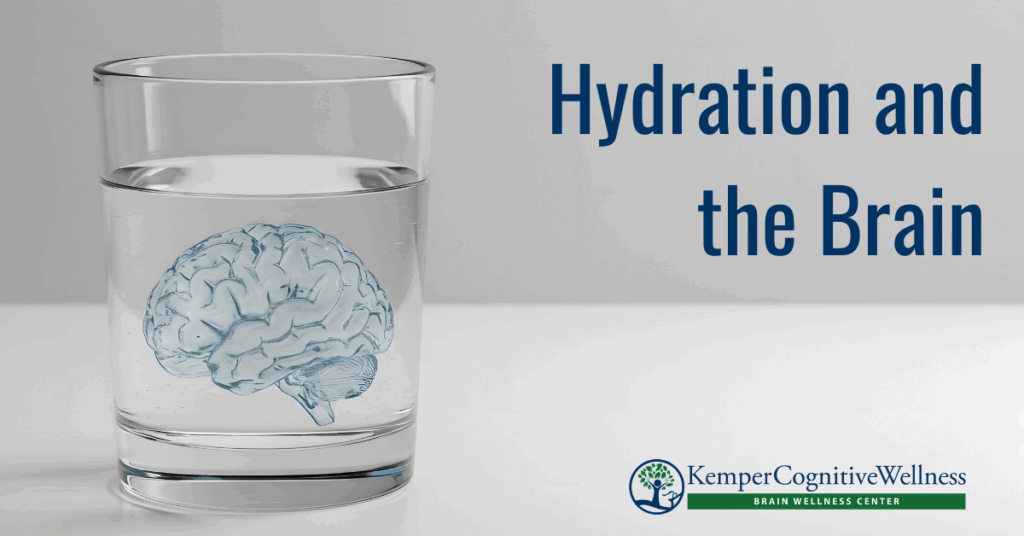By Nicole Gould, RDN, CLT
The supplement industry has grown into a $211.68 billion market in 2025, offering consumers over 50,000 different products worldwide. It’s easy to purchase supplements just about everywhere you shop these days. Though no supplement is a magic bullet, they can help fill in dietary gaps and offer therapeutic support. However, not all supplements are created equal. Some fall short of meeting label claims and others have downright dangerous ingredients included. For these reasons, Kemper Cognitive Wellness is selective about the supplements we recommend and where to purchase them.
Some of the most common places supplements are purchased are at discount/drug stores like Walmart and third-party websites like Amazon. It might be tempting to go for a deeper discount or order online for convenience, but a supplement is only as good as the ingredients it contains.
Here are 4 things to consider when sourcing supplements:
- Product Testing. Oftentimes, when an independent lab report shows a supplement contains little to none of the active ingredients they claim, the brands are typically generic or from discount stores. Better supplement brands will not only conduct their own testing, but also require an unbiased third party to test their raw materials and finished product. This will guarantee that the manufacturer is meeting label claims.
- Ingredients Details. Simply stating the active ingredient and the milligram amount is not enough to ensure you are getting a product that has therapeutic benefits. Many manufacturers cut costs by adding the inactive parts of specific herbs and botanicals, or using synthetic vitamins and minerals. Ideally, the manufacturer not only identifies the active ingredients, but also the type of extraction, the potency per serving (not just a milligram amount), the parts used, and sourcing information for an herb or botanical.
- ‘Other’ Ingredients. When choosing a supplement, don’t forget to look for the “other ingredients” list. Many supplement manufacturers add fillers and artificial ingredients like talc, BHT, polyethylene glycol, modified corn starch and artificial coloring and preservatives. For example, the popular multivitamin brand Centrum contains around 20 of these “junk” ingredients, and they certainly aren’t the only brand. Not only are these ingredients unnecessary, but they can also be harmful. Furthermore, if a company is adding these ingredients, it calls into question the purity of the active ingredient itself.
- When you purchase a product from a third-party website (think Amazon or eBay) you have no idea where it’s been kept, how long it’s been there, or if it’s been tampered with. If you are concerned about a supplement you have purchased, call the supplement manufacturer and give them the lot number. Though they won’t be able to give insights into how the product was stored, the manufacturer can identify the batch, verify the product’s seal is intact, and let you know if a product is old or expired.
Where to source quality supplements:
- Fullscript – Kemper Cognitive Wellness partners with Fullscript, a trusted online dispensary offering professional-grade supplements with guaranteed freshness—no expiring stock. As a KCW client, you’ll receive expert guidance on supplements tailored to your needs, plus an exclusive 10% discount when ordering through our Fullscript online storefront. Convenient and reliable, Fullscript also accepts HSA and FSA credit cards, making it easier than ever to invest in your health.
- Practitioner-direct—A health practitioner has your health and well-being in mind and will be familiar with better brands on the market. They often suggest practitioner brands that have more rigorous quality control.
- Local health stores – These small businesses that specialize in dietary supplements tend to be more particular about what they stock. In addition, they typically have well-educated staff members to answer questions and many offer a money-back guarantee.
Navigating the world of vitamins and supplements can be overwhelming, but taking the time to evaluate product quality, ingredients, and sourcing can make all the difference in supporting your health. If you are interested in learning more about supplementation, attend the next Ask the Dietitian Zoom Meeting on Friday, March 21st, OR contact Kemper at info@kemperwellness.com about Micronutrient testing to find out exactly what YOUR body needs and stop wasting money on what you do not.





